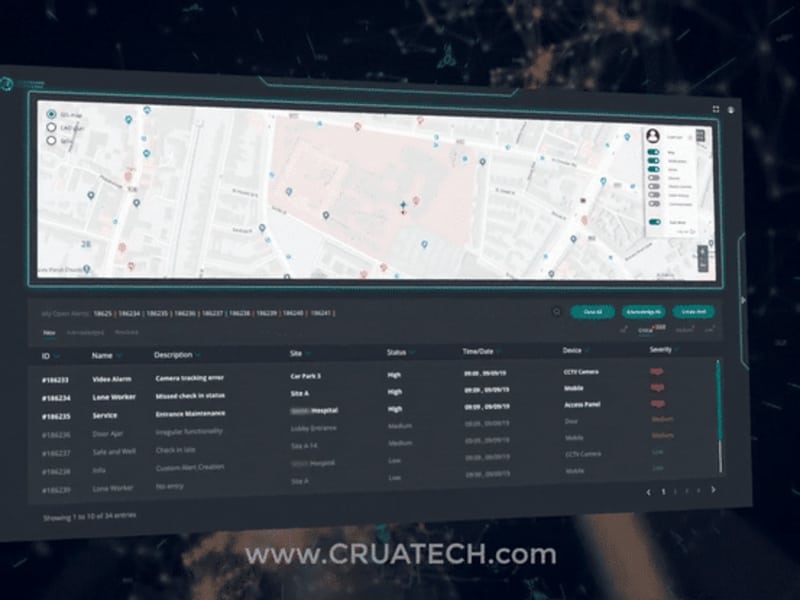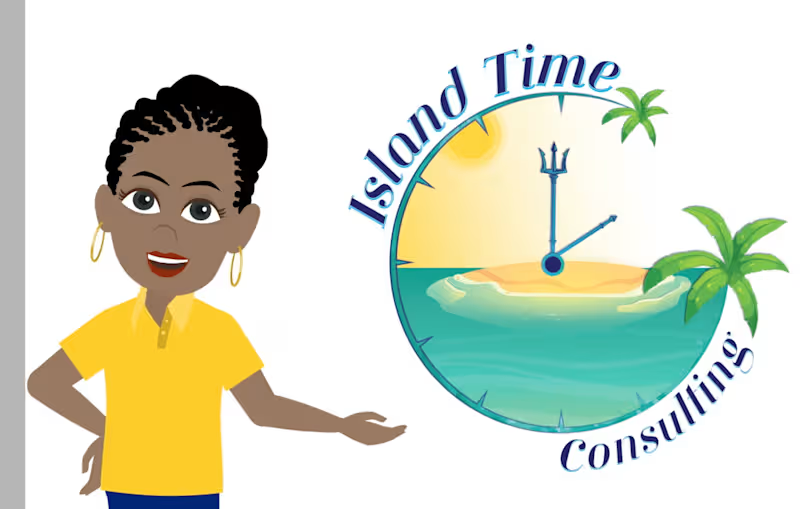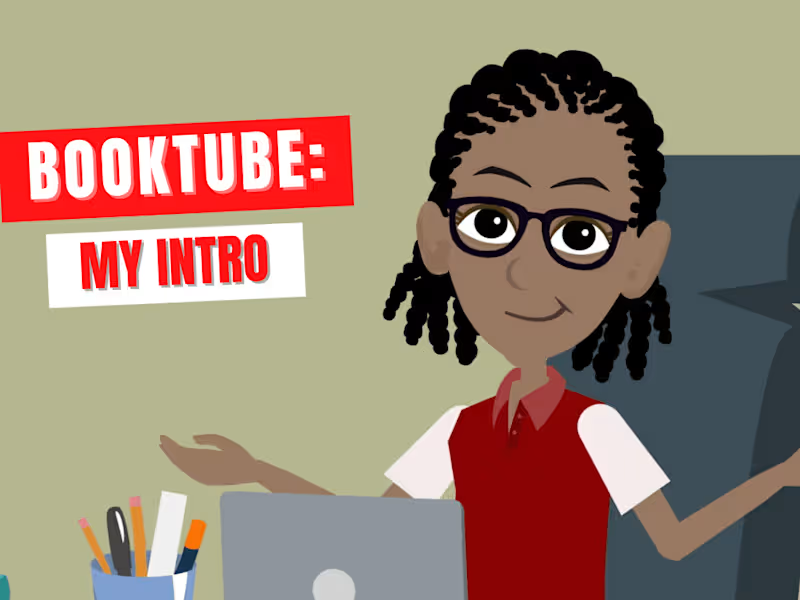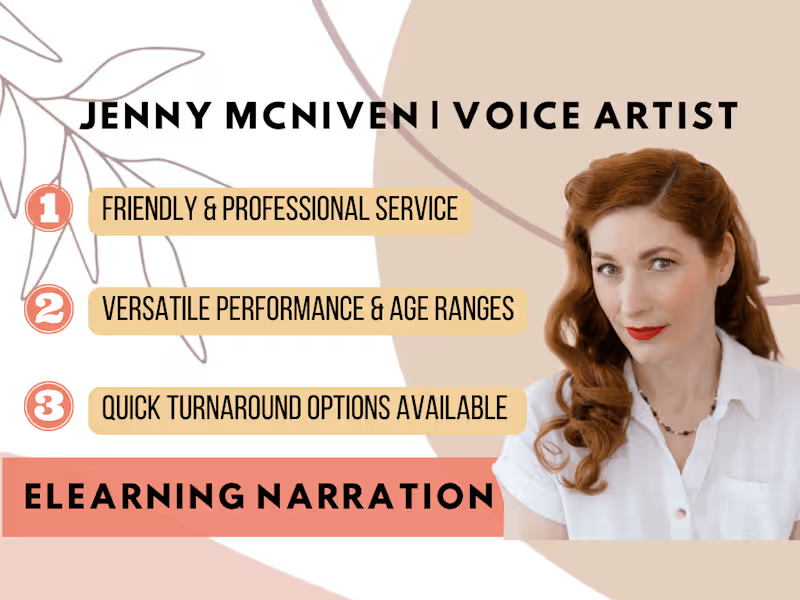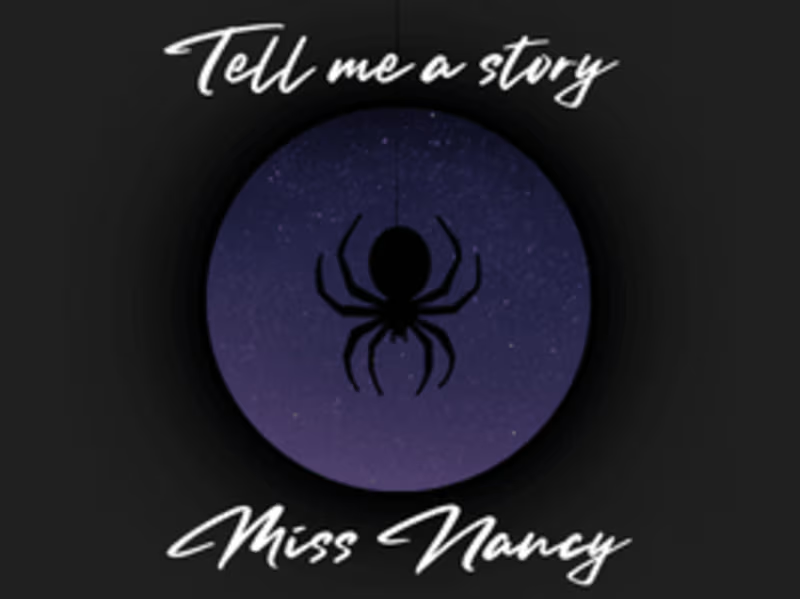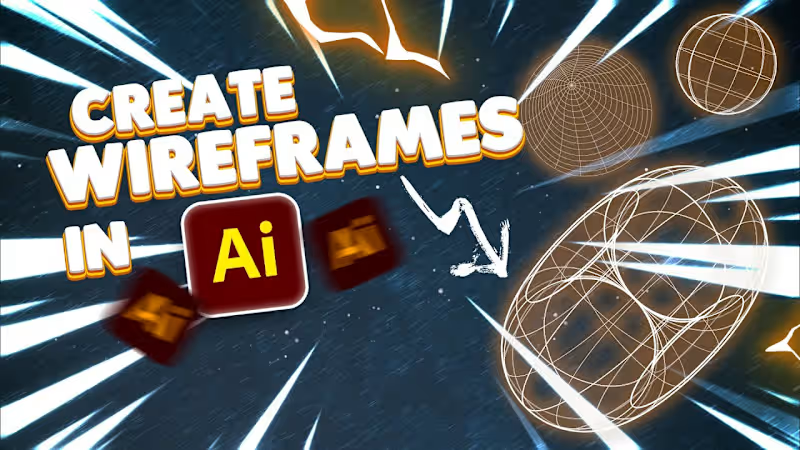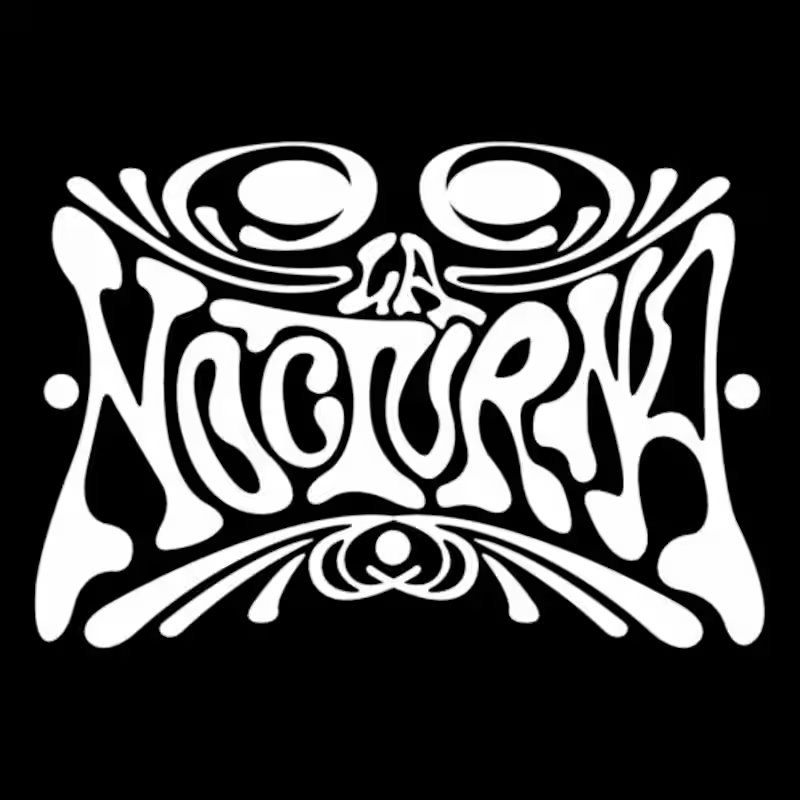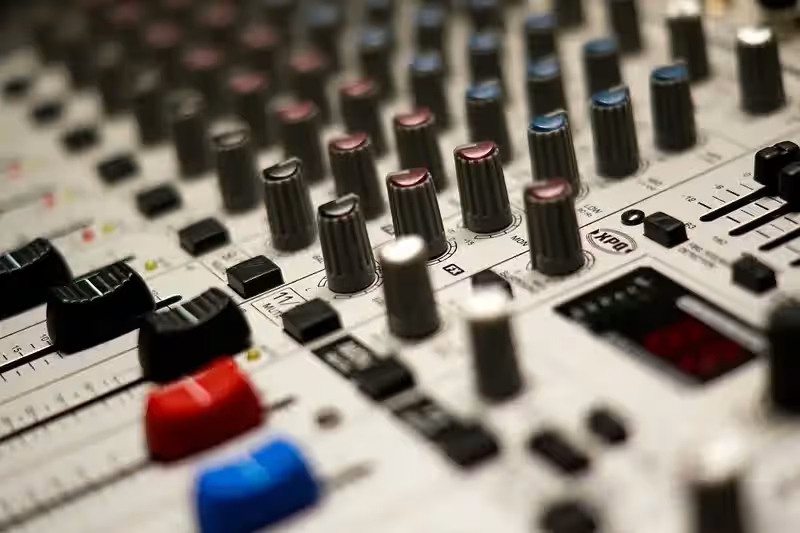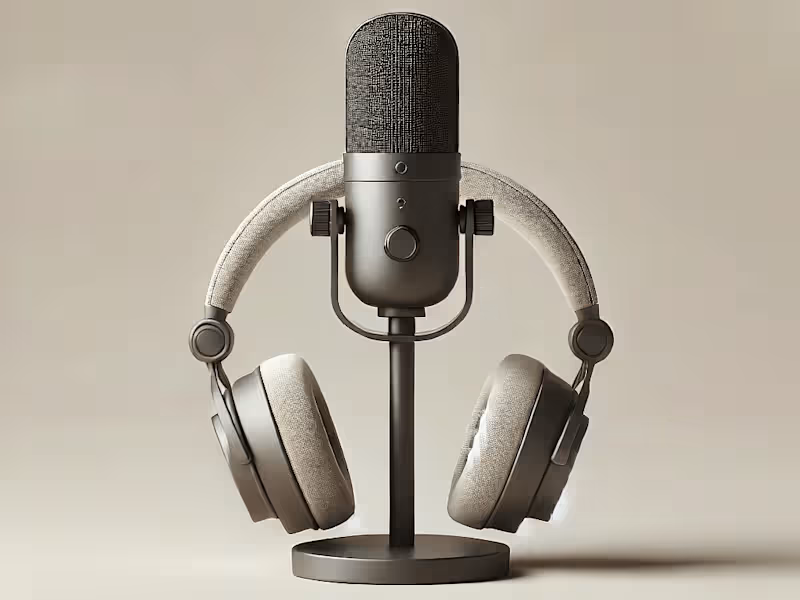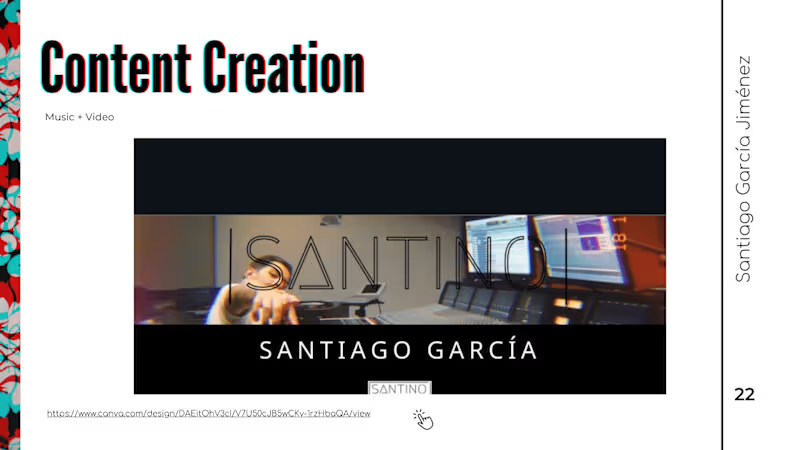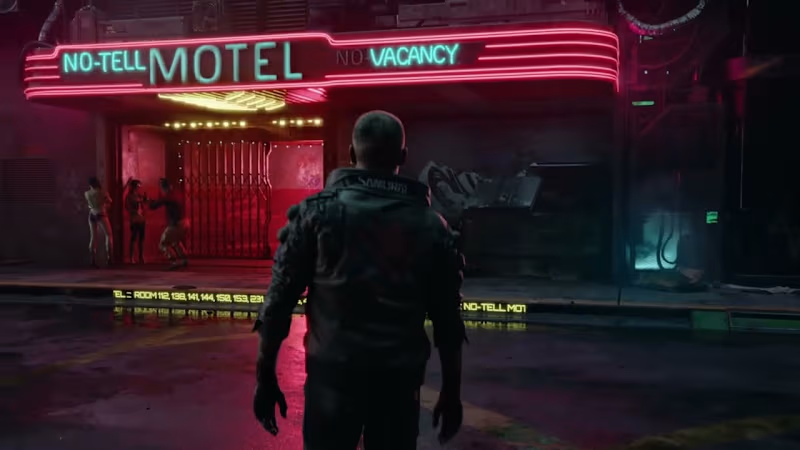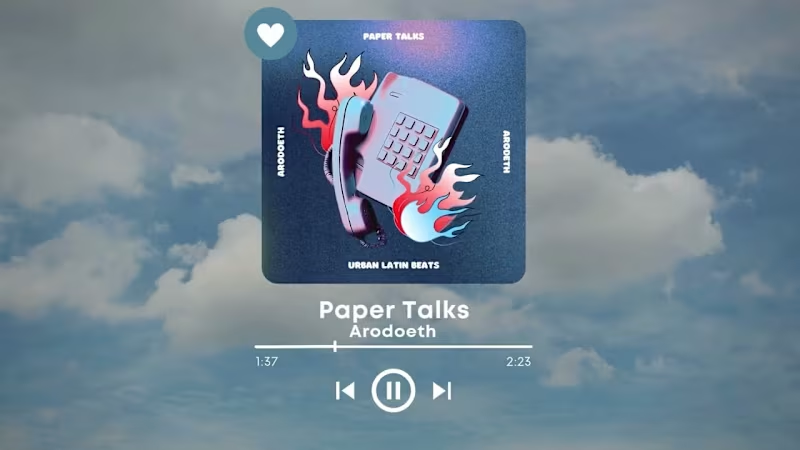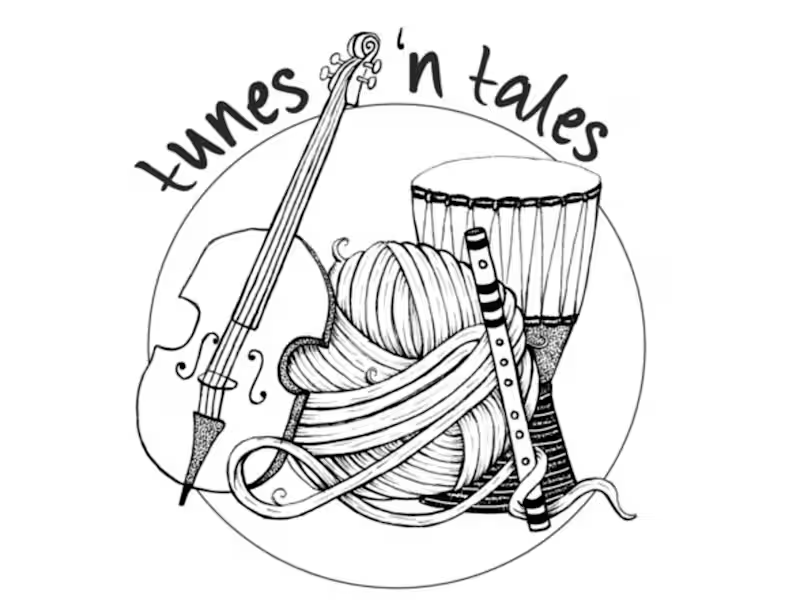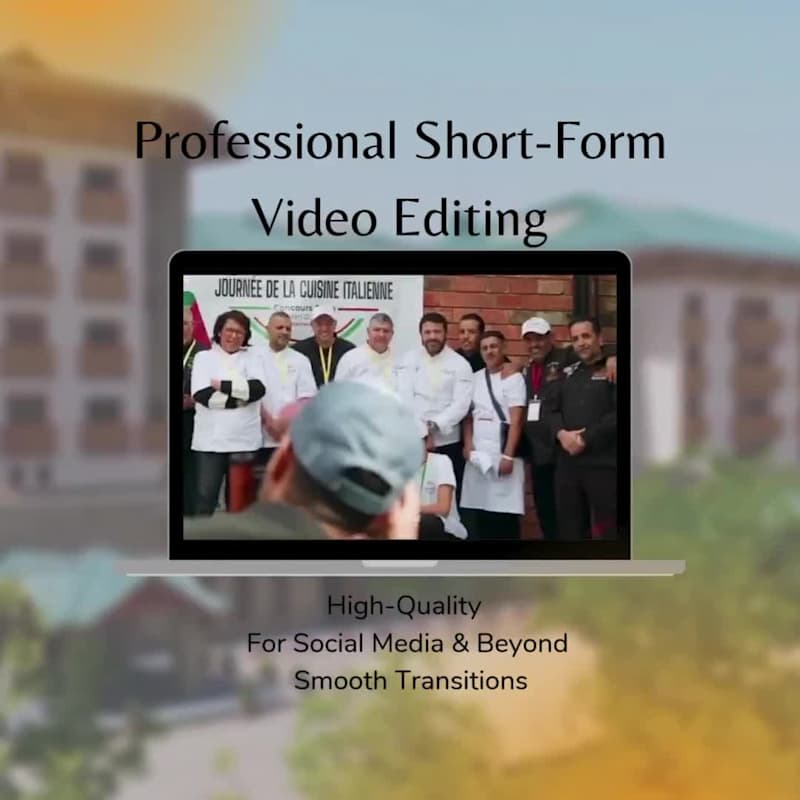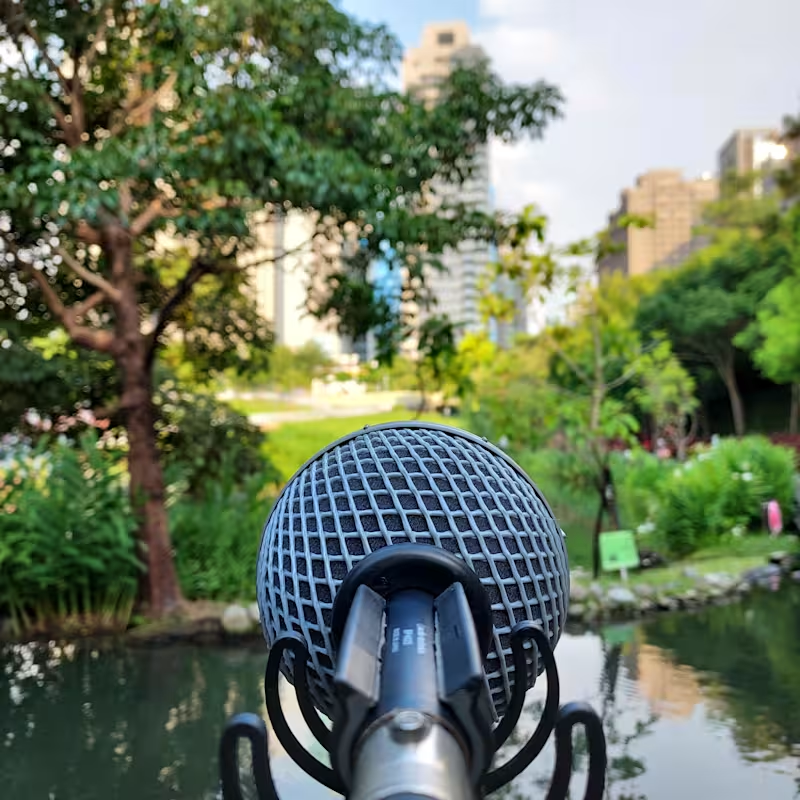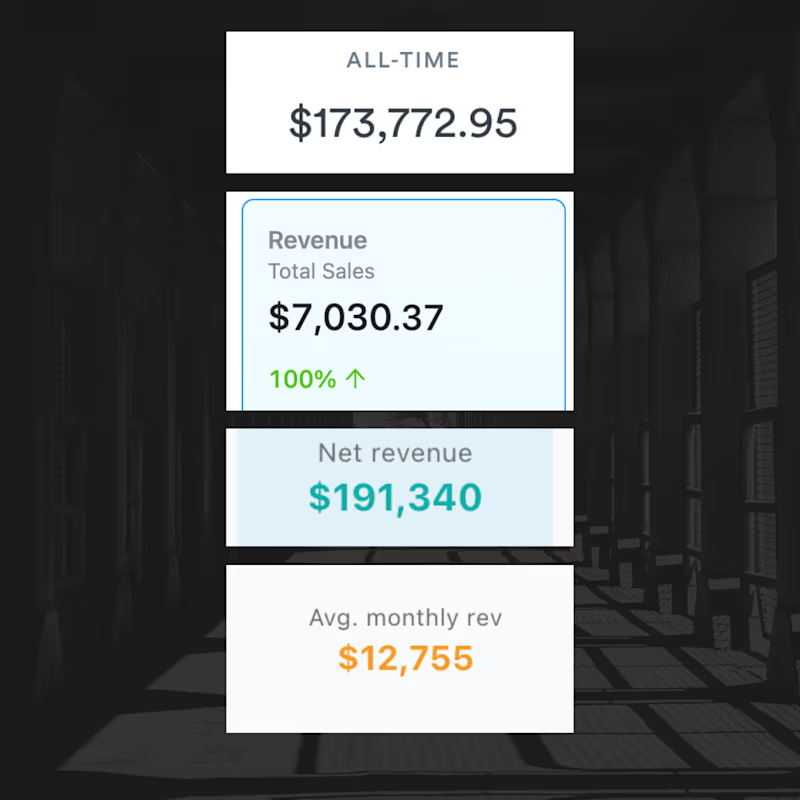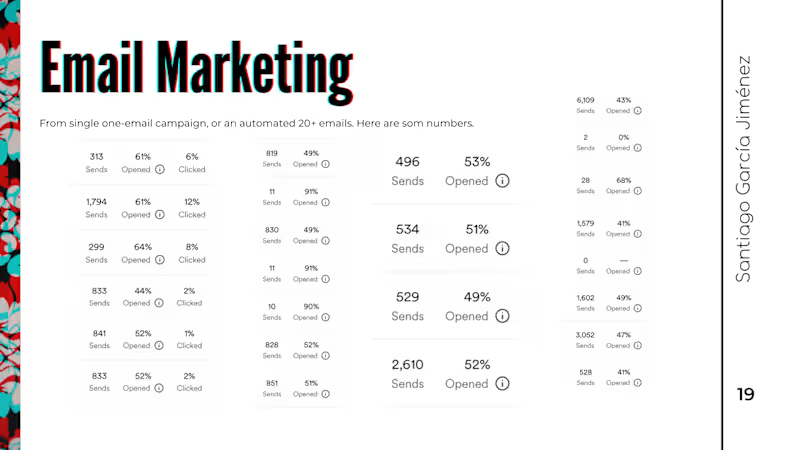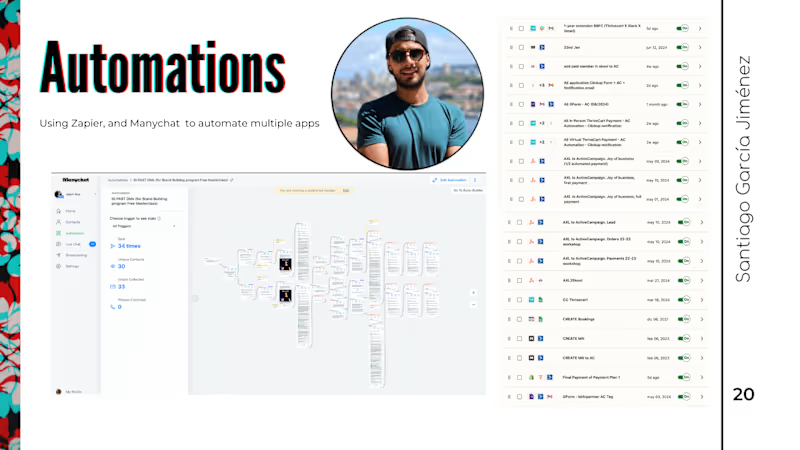How can I define the scope of my audio project?
It's important to know exactly what you need before looking for an audio editor. Write down what parts of the audio need editing and if you want any special effects. Be clear about the length and style of the final sound so the editor knows what you expect.
What information should I share to help an audio editor understand my vision?
Share any reference audio that matches your style. Explain the mood you're aiming for, whether it's exciting, calm, or sad. This will help the editor understand what kind of work they need to create.
What criteria should I use to evaluate a freelance audio editor's past work?
Look for examples of their previous editing jobs that are similar to your project. Check if their work quality and style match what you envision. Consistency and attention to detail in their past work are good signs they’ll meet your needs.
How can I assess an audio editor’s understanding of my project requirements?
Ask them to explain back to you what they understand about your project. Check if they've grasped all your details correctly. A good reflection of your project means they’re likely to deliver what you want.
What should I include in a contract with an audio editor?
Include a clear description of what the editor needs to do, like trimming audio or adding effects. Specify deadlines and any milestones you want to set. Having these in writing helps ensure everything's on track.
What is the best way to communicate with a freelance audio editor during a project?
Decide on a main way to chat, like email or calls. Set some times for checking in, maybe once a week. Keep updates regular to make sure everyone knows what's going on.
How do I review and give feedback on an audio editor’s work?
Listen to the edited audio carefully and note what you like or want changed. Be specific, like pointing out which seconds need fixing or praised. Clear feedback helps the editor get closer to your ideal sound.
What steps should I take to ensure the audio editor has all they need to start working?
Provide all the audio files and any instructions they need. Give them access to any relevant tools or software if needed. Sharing everything from the start stops you from getting delayed later.
How can I ensure timeline expectations are realistic for completing my project?
Discuss with the editor about how long each part of the project may take. Get their opinion on any tight deadlines you have. It’s important they agree so both of you can stay on schedule.
What should I do if I want changes after an audio project is finished?
Plan for possible extra edits by discussing this early. Confirm if any additional tweaks will be part of the service. Knowing this upfront can make later editing smoother and quicker.
Who is Contra for?
Contra is designed for both freelancers (referred to as "independents") and clients. Freelancers can showcase their work, connect with clients, and manage projects commission-free. Clients can discover and hire top freelance talent for their projects.
What is the vision of Contra?
Contra aims to revolutionize the world of work by providing an all-in-one platform that empowers freelancers and clients to connect and collaborate seamlessly, eliminating traditional barriers and commission fees.
People also hire
Explore projects by French-speaking Audio Editors on Contra
Top services from French-speaking Audio Editors on Contra

Audacity
Audio Engineer
Audio Editor
+3
Audiobook Edition & Production
Contact for pricing

Adobe After Effects
Video Editor
Audio Editor
+4
i will edit your video for Youtube,Vlogging,Podcast,Travel&Ads
Contact for pricing

Adobe Audition
Audio Engineer
Audio Editor
+4
Great Audio, Make Your Piece Shine!
Contact for pricing







































